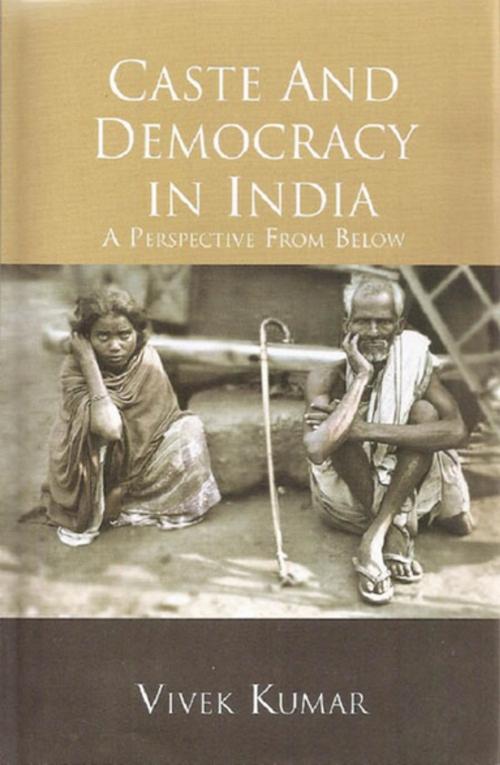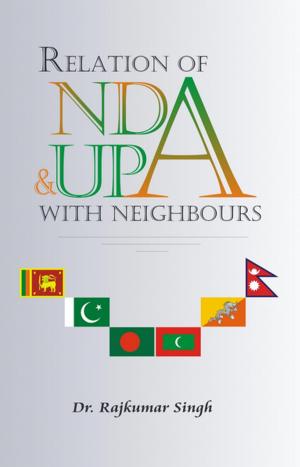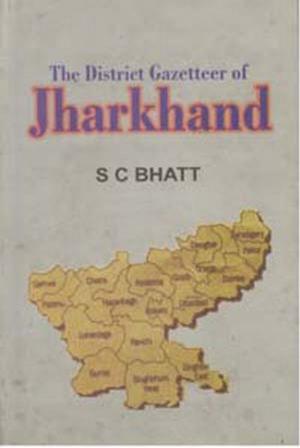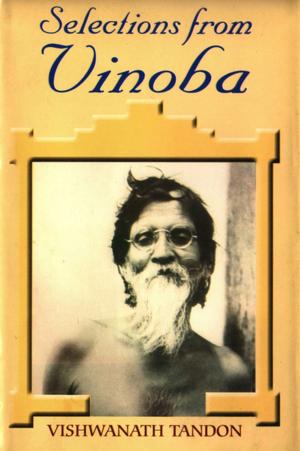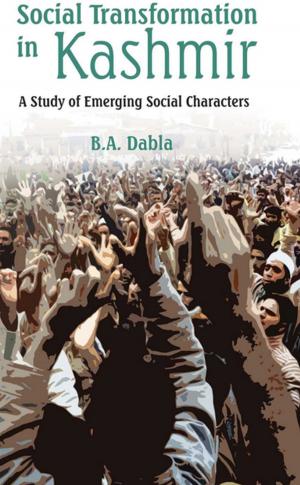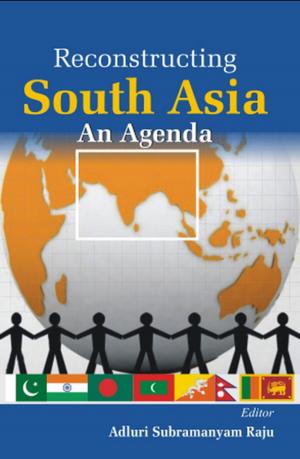Caste and Democracy in India
A Perspective from Below
Nonfiction, Social & Cultural Studies, Social Science, Demography| Author: | Vivek Kumar | ISBN: | 9788121250252 |
| Publisher: | Gyan Publishing House | Publication: | June 30, 2014 |
| Imprint: | Gyan Publishing House | Language: | English |
| Author: | Vivek Kumar |
| ISBN: | 9788121250252 |
| Publisher: | Gyan Publishing House |
| Publication: | June 30, 2014 |
| Imprint: | Gyan Publishing House |
| Language: | English |
This book makes two claims about Jati (caste) and democracy in India. First, Social Scientists have only partially understood the realities embedded in the institution of Jati. Second, this partial understanding has propagated a distorted picture of the relationship between Jati and democracy. To prove these claims, the book critically examines structures and processes in the Jati and Indian democracy like Political Parties, Civil Society Organizations, Self-representation, Personality Cult, and Corruption. On the above bases, the book argues that two opposite views on the relationship between Jati and democracy have emerged in the Indian academia; one, Jati as functional for society but antithetical to Indian democracy and second, Jati as dysfunctional for the ex-untouchables but functional for the Indian democracy. However, the first view is more privileged than the other. While the book makes an attempt to map the reasons for this privilege, it tries to record the second with a 'perspective from below'.
This book makes two claims about Jati (caste) and democracy in India. First, Social Scientists have only partially understood the realities embedded in the institution of Jati. Second, this partial understanding has propagated a distorted picture of the relationship between Jati and democracy. To prove these claims, the book critically examines structures and processes in the Jati and Indian democracy like Political Parties, Civil Society Organizations, Self-representation, Personality Cult, and Corruption. On the above bases, the book argues that two opposite views on the relationship between Jati and democracy have emerged in the Indian academia; one, Jati as functional for society but antithetical to Indian democracy and second, Jati as dysfunctional for the ex-untouchables but functional for the Indian democracy. However, the first view is more privileged than the other. While the book makes an attempt to map the reasons for this privilege, it tries to record the second with a 'perspective from below'.
